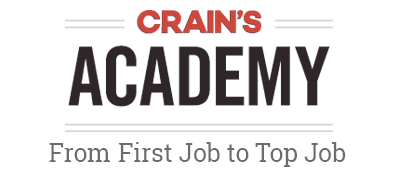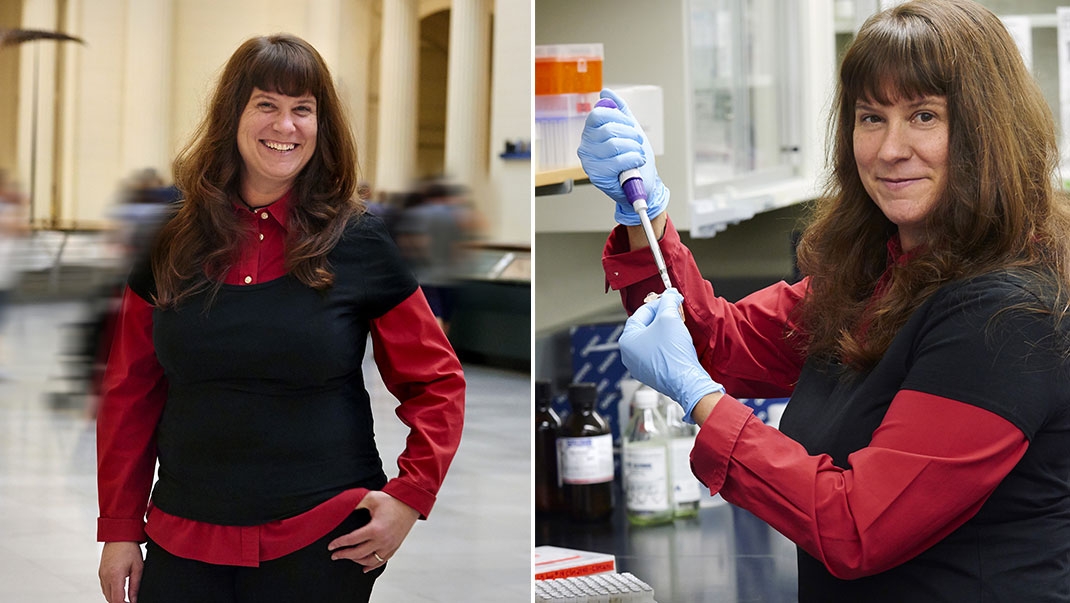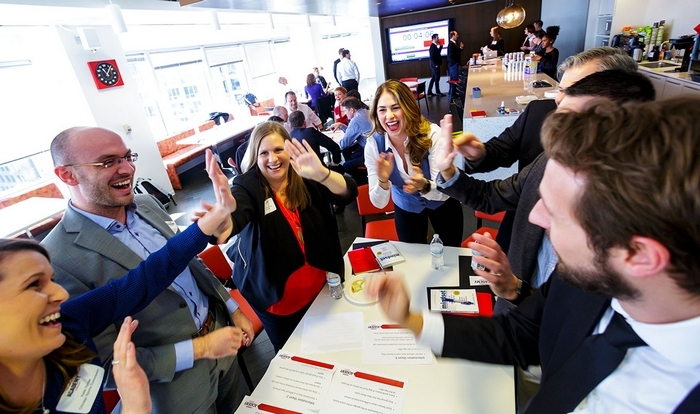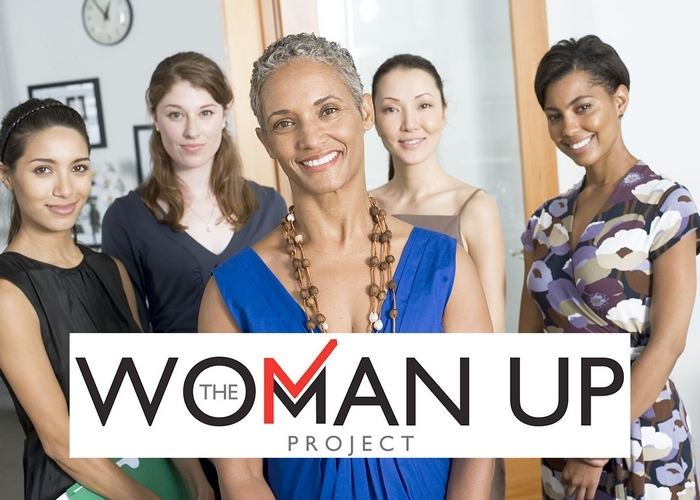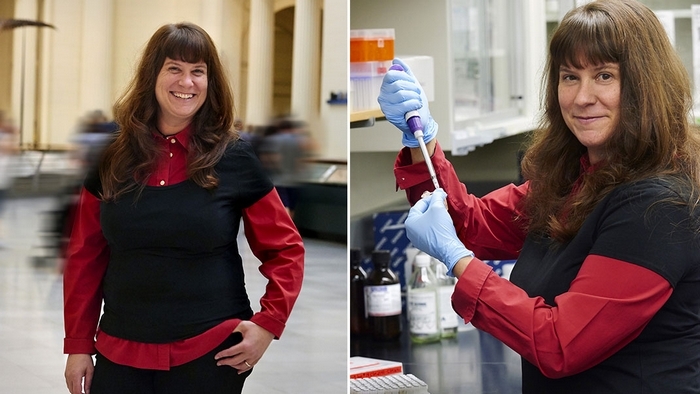Crain's Leadership Academy C3 graduate recently named Director of Research at The Field Museum
CA: Corrie congrats on the recent promotion! Can you tell us a little more about what you do?
CM: I have two roles at The Field Museum. I run an active research program, which I have done since arriving in 2008. Recently I was also appointed as the Robert A. Pritzker Director of the Integrative Research Center. In this position, I help facilitate and promote the work of the ~70 scientists in the Integrative Research Center. My duties include helping develop a vision for scientific research using our 35 million specimens and artifacts, working with our supporters, donors, and Board of Trustees to better understand and support the work we do, and foster interactions between the other departments across the museum and with our partner institutions.
CA: You recently founded Field Museum Women In Science group, what was the inspiration behind forming this group?
CM: I founded the Field Museum Women In Science as a way to promote the work of outstanding women scientists and encourage young women and girls to pursue careers in science. I now co-chair the steering committee and work with a team of dedicated and outstanding women and men to help create and implement all our activities. Our programming includes a monthly seminar series, a yearly scientific symposium, and an annual evening mixer and panel discussion. Membership and these events are free and open to everyone.
The programs I am most proud of are the opportunities we provide to young women. Through the generous support of The Women's Board of The Field Museum we can offer career development programs, internships and a one-year fellowship programs in our region.
CA: Can you name a person who has had a tremendous impact on you as a leader? Maybe someone who has been a mentor to you?
CM: There have been so many people that have helped me develop as a leader that I cannot name just one. These people include obvious mentors, but also people I have met that I try to emulate their leadership styles. Participating in the Crain's Leadership Academy also helped me identify my leadership style and strengths, which has been tremendously helpful, as I have moved into my current position as Director of scientific research.
Richard Lariviere, president & CEO, Field Museum of Natural History and why he nominated Corrie for CLA…
"Corrie's talent, passion, and infectious wish to understand nature deserve a robust network. Crain's Leadership Academy was a good way to provide her gifts with yet another place to flourish."
CA: What are the most important decisions you make as a leader of your organization?
CM: In my leadership role, my job is making opportunities for others. I take this very seriously and strive to promote the important scientific work we do. I also try to remember that even very small decisions can have a large impact.

CA: What is one characteristic that you believe every leader should possess?
CM: Every leader should have confidence to make decisions and take responsibility for their outcomes. It is also important to remember that most decisions should not be made in reaction or response, but in proactive and strategic ways.
CA: What is the biggest challenge facing Chicago leaders today?
CM: Chicago is a wonderful and complicated landscape, but also one in a time of rapid change. Trying to stay grounded in what has worked well in the past, but also taking on new opportunities can be difficult to juggle, but is also an exciting challenge.
CA: What are you doing to ensure you continue to grow and develop as a leader?
CM: I think for any leader to grow you must be able to ask for help. For me this comes in the form of asking my mentors often for advice and support, but also through reading and seeking out educational opportunities.
CA: Are there any key takeaways from Crain's Leadership Academy that you have implemented into your daily routine?
CM: For me one of the most powerful skills I learned at Crain's Leadership Academy is to embrace my leadership strengths and use those strengths instead of trying to develop skills I may think I need, but may not actually be very effective. It is also important to identify the strengths of others and help them leverage those strengths in their own work.
